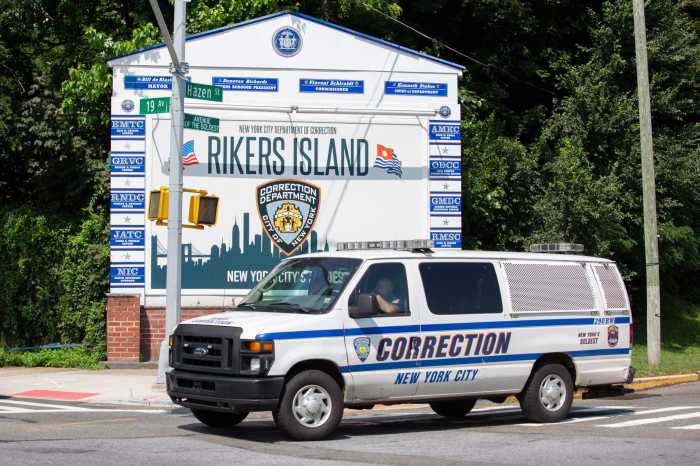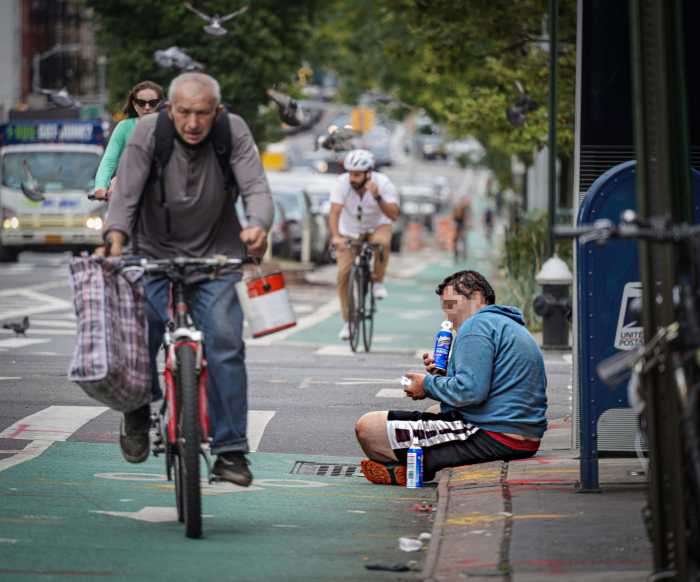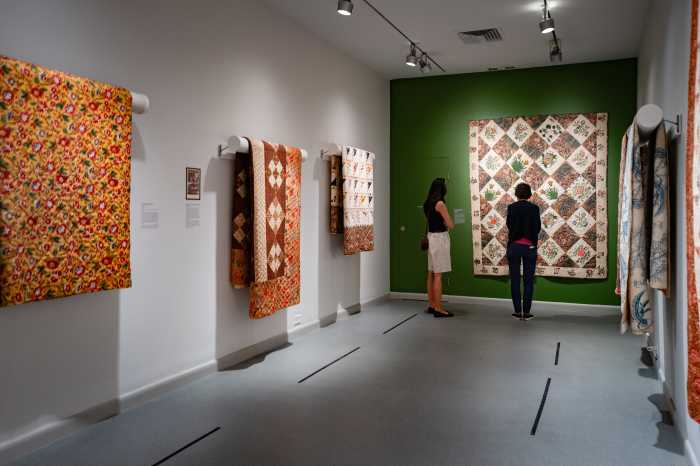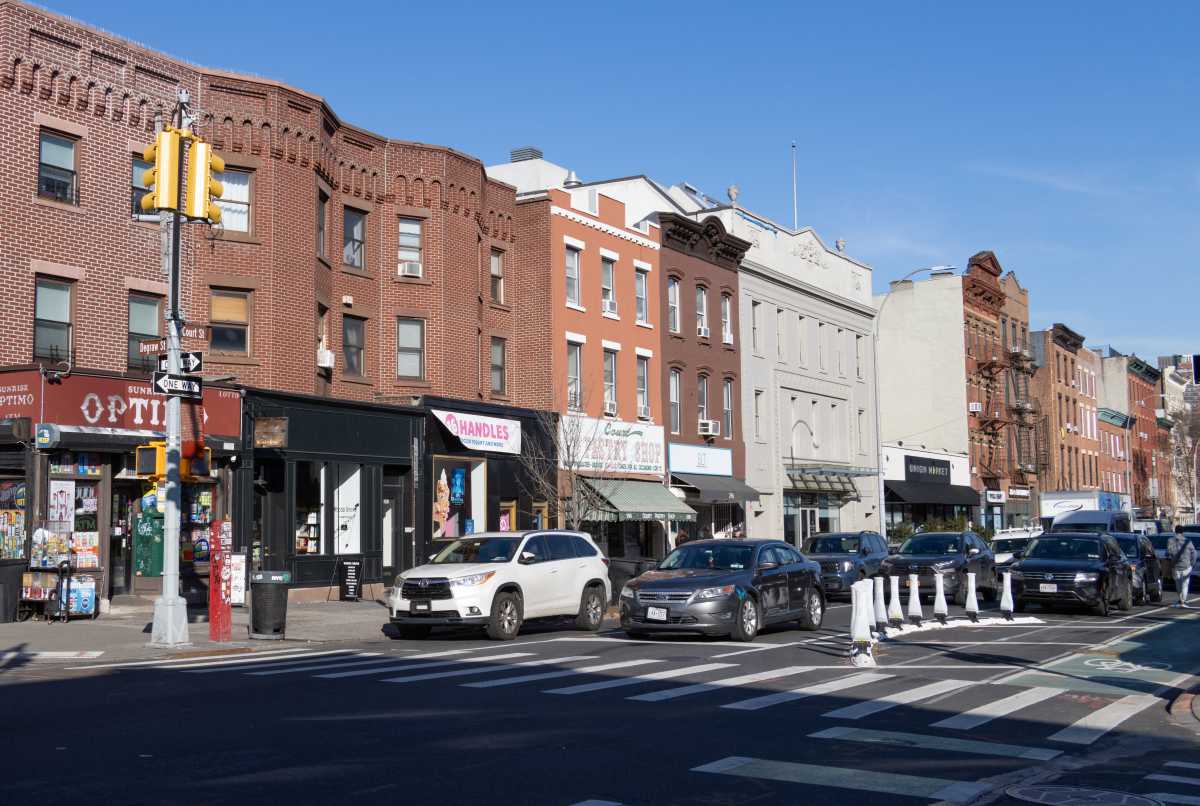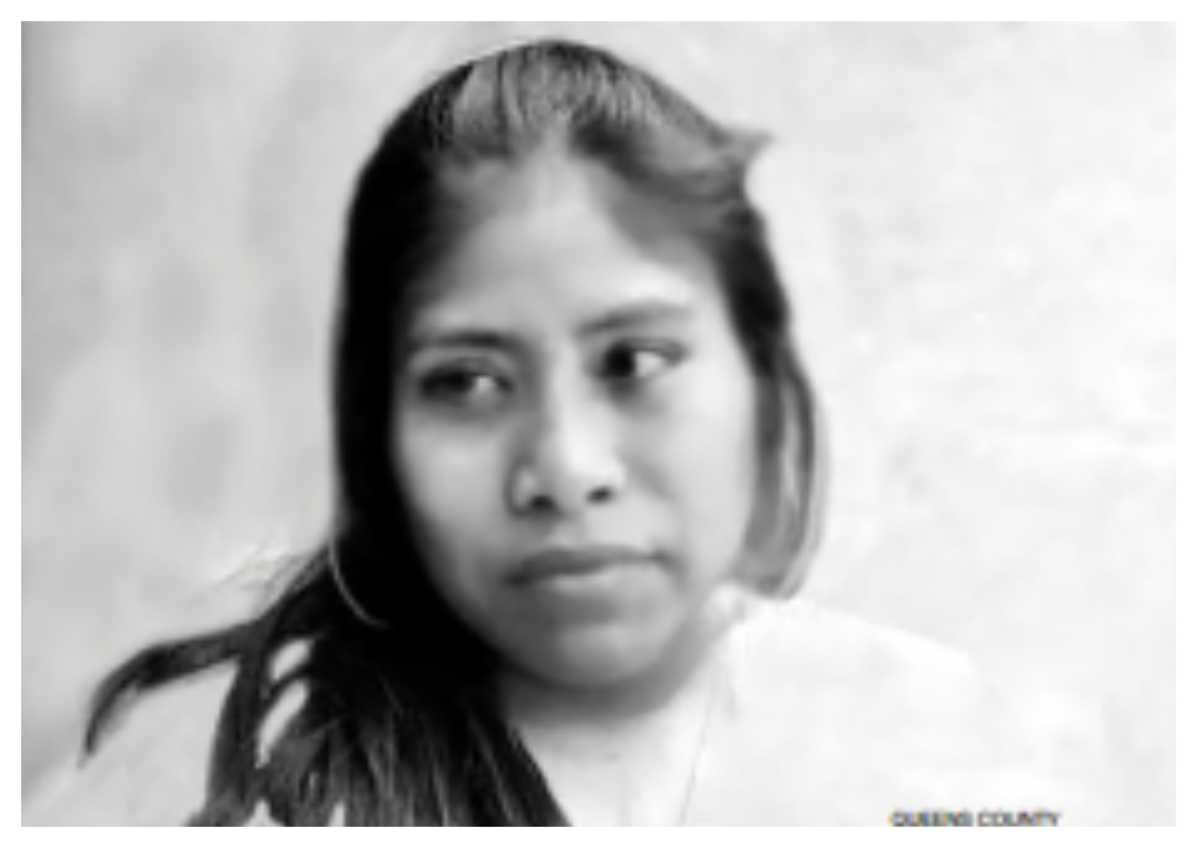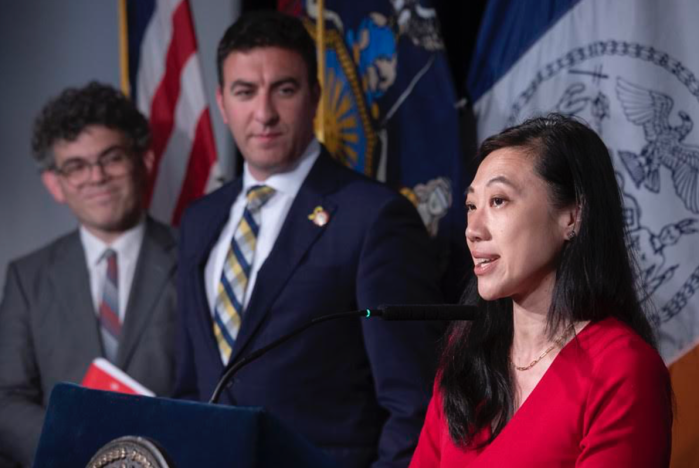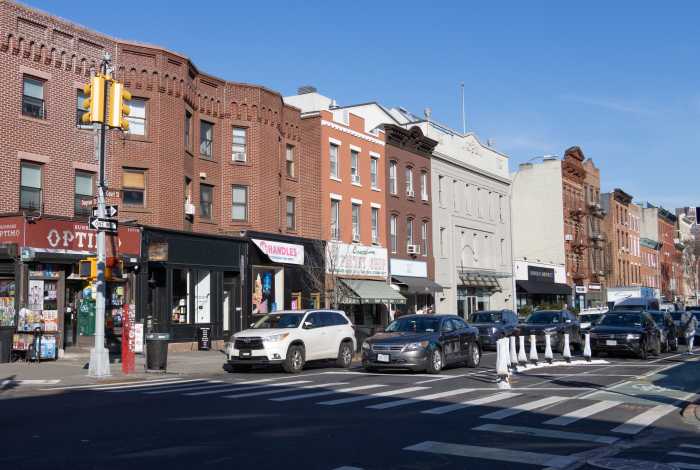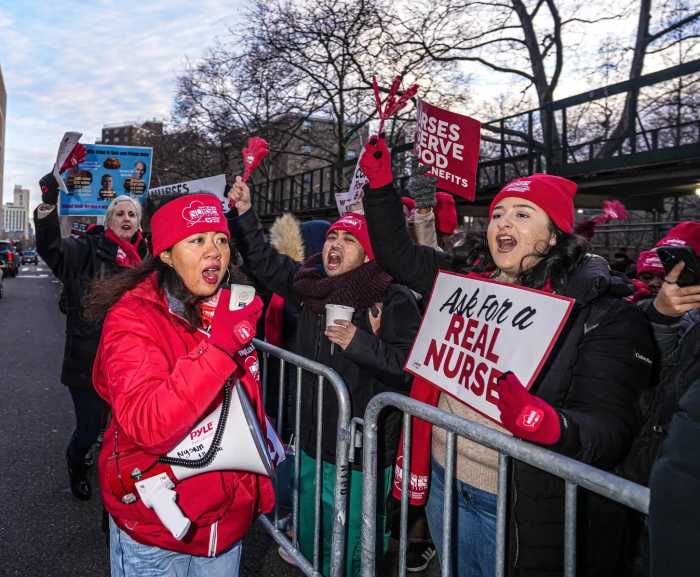The Halt Solidarity Campaign and Mental Health Alternatives to Solitary Confinement (MHASC) coalition released a report which documented long term abuse and extreme punishment of incarcerated individuals with serious mental health needs in New York State Prisons.
The alleged abuse took place in prisons that are supposed to offer more therapeutic alternatives to solitary confinement. The report also made recommendations that NYS should stop incarcerating people with extreme mental health needs and cited enacting the Treatment Not Jails Act as a first step.
The report was based on analysis of the state prison department’s [“DOCCS”] own disciplinary records from Jan 2017 to May 2019.
“It is deeply disturbing that some of our most vulnerable community members are being subject to extreme punishment and abuse in our state prisons,” said Senator Julia Salazar, Chair of the State Senate Crime Victims, Crime and Correction Committee on June 21. “This report documents what we have long known: prisons and jails are no place for people with mental health needs. The state legislature must pass the Treatment Not Jail Act as a critical step toward ensuring that people with mental health needs receive the supports they need rather than the punishment and abuse of incarceration. At the same time, the recently enacted HALT Solitary Confinement Law provides state prisons and jails an opportunity for a fundamentally different approach for all people who remain in their care and custody”
Some findings included information showing the DOCCS imposed an average of more than 2 years of additional isolation time on people disciplined in Residential Mental Health Treatment Units (RMHTUs).
In this time period, 81.7% of people in the disciplinary RMHTUs were Black or Latinx people, compared to only 69.5% in non-disciplinary mental health units, 72.3% in all of DOCCS prisons, and only 37% in the state at large (including outside prison), 94% of disciplinary hearings in RMHTUs resulted in a guilty finding, and some RMHTUs had guilty rates as high as 98.4% and 64% of all disciplinary sanctions for people in the RMHTUs were for non-violent conduct and the most frequently issued sanctions were for allegedly disobeying a direct order (15.2%), creating a disturbance (11.6%), and interfering with staff (10.3%).
“The data presented to us in this report put in writing what I have seen firsthand during my many visits to jails and prisons across New York State: no one’s mental health is served or improved in these facilities,” said Senator Jessica Ramos, lead Senate sponsor of the Treatment Not Jails Act. “We simply cannot continue to punish and isolate New Yorkers with mental health struggles and expect different results – not only is it devoid of compassion, it’s also unscientific.”



